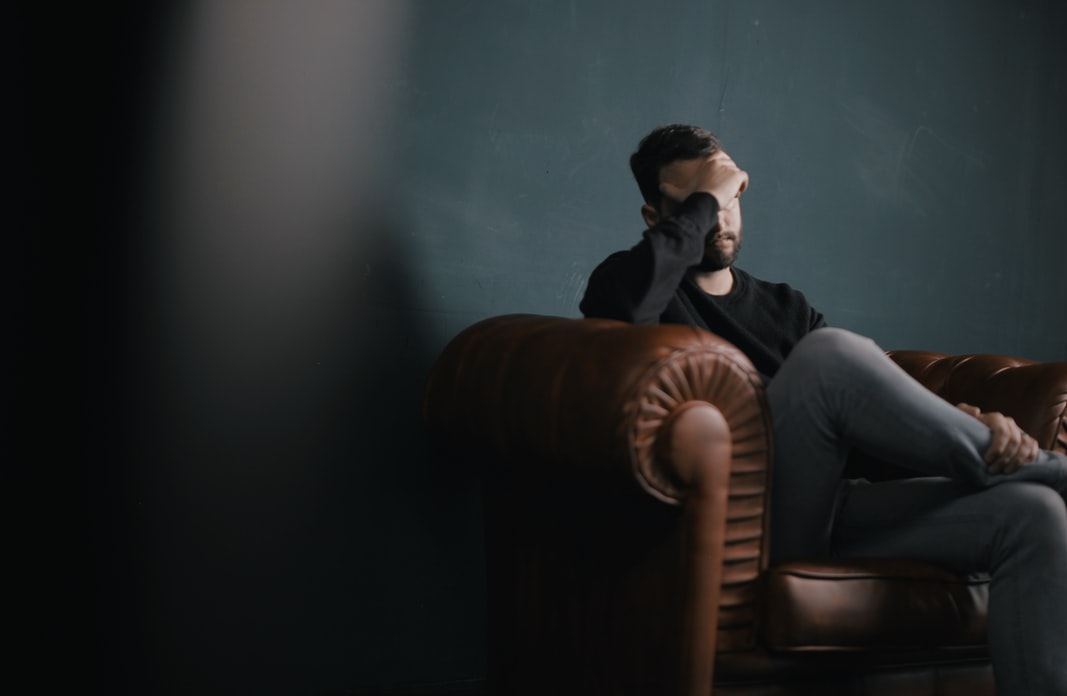Conviction for Aiding and Abetting a Crime Absent the Perpetrator’s Conviction

If you are accused of aiding and abetting a crime, what happens if the defendant who is being prosecuted for actually committing that crime is not convicted?
Can you still be criminally liable for aiding and abetting regardless of what happens to the perpetrator?
To answer those questions, we must go back to a California Court of Appeals case from 1994. A defendant in one case was on trial for murder and robbery. A defendant in a separate trial was accused of aiding and abetting him.
In the case, the court was asked to resolve whether a legal concept known as “collateral estoppel” prevented the accused aider and abettor from being convicted in a separate but related criminal case.
What is Collateral Estoppel?
“Collateral estoppel” is a doctrine that means a decision by the court completes or concludes all of the issues in controversy such that they cannot be litigated again any future case involving the same people.
This means once the court makes a decision regarding an issue in a case, the same issue cannot be heard again by that court. The purpose of this doctrine is to make the criminal process easier and faster by preventing repetitive litigation of pointless claims when doing so would be unlikely to change the original decision.
Generally, collateral estoppel is an affirmative defense that must be raised by a defendant in a civil matter. However, this principle was used as the basis for appealing the following criminal case.
People v. Wilkins (1994) 26 Cal. App. 4th 1089
On May 22, 1990, the Los Angeles County District Attorney filed charges against defendants Donald Rose and Daniel Wilkins for the robbery and murder of William Dabbs.
Wilkins and Rose were members of the East Coast Crips gang. They were in a woman’s living room in South Central Los Angeles when Wilkins teased Rose for having not “proved himself,” calling him a “buster” (meaning a punk). When Rose objected to the slight, Wilkins goaded him into going to a rival gang’s territory with a .22-caliber pistol.
That same morning, a California Highway Patrol officer stopped a speeding and weaving car in a part of Los Angeles considered “turf” controlled by two Blood gangs, enemies of the East Coast Crips. The passenger, William Dabbs, was left at the scene after police officers arrested the driver of that car.
Dabbs went to a phone booth in front of a liquor store and called his cousin for a ride. During the conversation, his cousin heard someone confront Dabbs, exclaiming “Hey, cuz, what’s up?” The cousin then heard the phone drop followed by an altercation that ended with two gunshots. Dabbs was taken by ambulance to a nearby hospital where he died from a gunshot wound to the stomach.
Months later, police arrested both Wilkins and Rose. Wilkins confessed to aiding and abetting Rose, who he said robbed and shot Dabbs. Rose did not confess.
Rose was tried first and found not guilty of both murder and robbery. Wilkins’s trial followed Rose’s acquittal. A jury found Wilkins guilty of first degree murder, robbery and also found that he personally used a firearm as a principal contributor to the crime.
Wilkins appealed, claiming the collateral estoppel doctrine prevents the conviction of an aider and abettor if the alleged perpetrator has been acquitted.
How Did the Court Rule?
In its decision, the Court of Appeals determined that the government doesn’t have the same opportunity for remedy following a losing decision in a criminal matter that a party would have in a civil case.
If a criminal defendant is found not guilty, the decision stands and the state may not appeal. Because of this disadvantage, the court said it would not be fair to prevent the state from holding an accomplice liable for a crime regardless of what happens to the actual perpetrator.
The court concluded that, generally, collateral estoppel does not apply in a criminal proceeding. The court’s ruling is based largely on a United States Supreme Court decision citing federal law (18 U.S.C. § 2) which eliminates any distinction between an “accessory” and a “principal.” They are, for the purposes of a crime, one and the same.
Thus, whether an alleged perpetrator is found guilty does not matter. An accomplice may still face trial even though the actual perpetrator does not suffer a conviction.
What are California’s Rules Governing Accessories to a Crime?
California Penal Code section 31 states: “All persons concerned in the commission of a crime…whether they directly commit the act constituting the offense, or aid and abet in its commission, or, not being present, have advised and encouraged its commission…are principals in any crime so committed.”

Additionally, Penal Code section 971 declares that those who are deemed accessories before the fact and principals in the second degree as well as those who actually perpetrate a crime, are to be prosecuted, tried and punished as principals in California.
The term “aider and abettor” is now often used to refer to principals other than the perpetrator, whether they are present at the commission of the offense.
Furthermore, the judge is required to give certain instructions to jury members when they must decide if a defendant is guilty as an accessory to a crime. A jury must decide whether that defendant:
- Had knowledge of the unlawful purpose of the perpetrator;
- Had the required intent to commit, encourage or facilitate the commission of the crime; and
- By act or advice aided, promoted, encouraged or instigated the commission of the crime.
It is not important that you did not commit the crime itself. Provided that a prosecutor proves the three elements listed above beyond a reasonable doubt, you can be found guilty as a principal, just as if you personally committed the crime.
As the Wilkins case demonstrates, regardless of what decision is reached in the actual perpetrator’s case, the government is not prevented from prosecuting you as an aider and abettor.
Wallin & Klarich Can Help You Fight Charges of Aiding and Abetting a Crime
If you or someone you care about has been accused of aiding and abetting a crime, contact our experienced criminal defense attorneys at Wallin & Klarich today. You can be charged and prosecuted just as if you personally committed the underlying crime or crimes.
With over 40 years of experience, our attorneys at Wallin & Klarich have the skills and knowledge necessary to successfully defend you. We are committed to providing you with the personal attention you deserve to help you overcome this difficult situation.
With offices in Los Angeles, Sherman Oaks, Torrance, Tustin, San Diego, Riverside, San Bernardino, Ventura, West Covina and Victorville, our attorneys at Wallin & Klarich are available 24 hours a day, 7 days a week to provide you with the very best legal representation. We will employ every available strategy to help you get the best result possible in your case.
Call us today at (877) 4-NO-JAIL or (877) 466-5245 for a free telephone consultation. We will get through this together.



